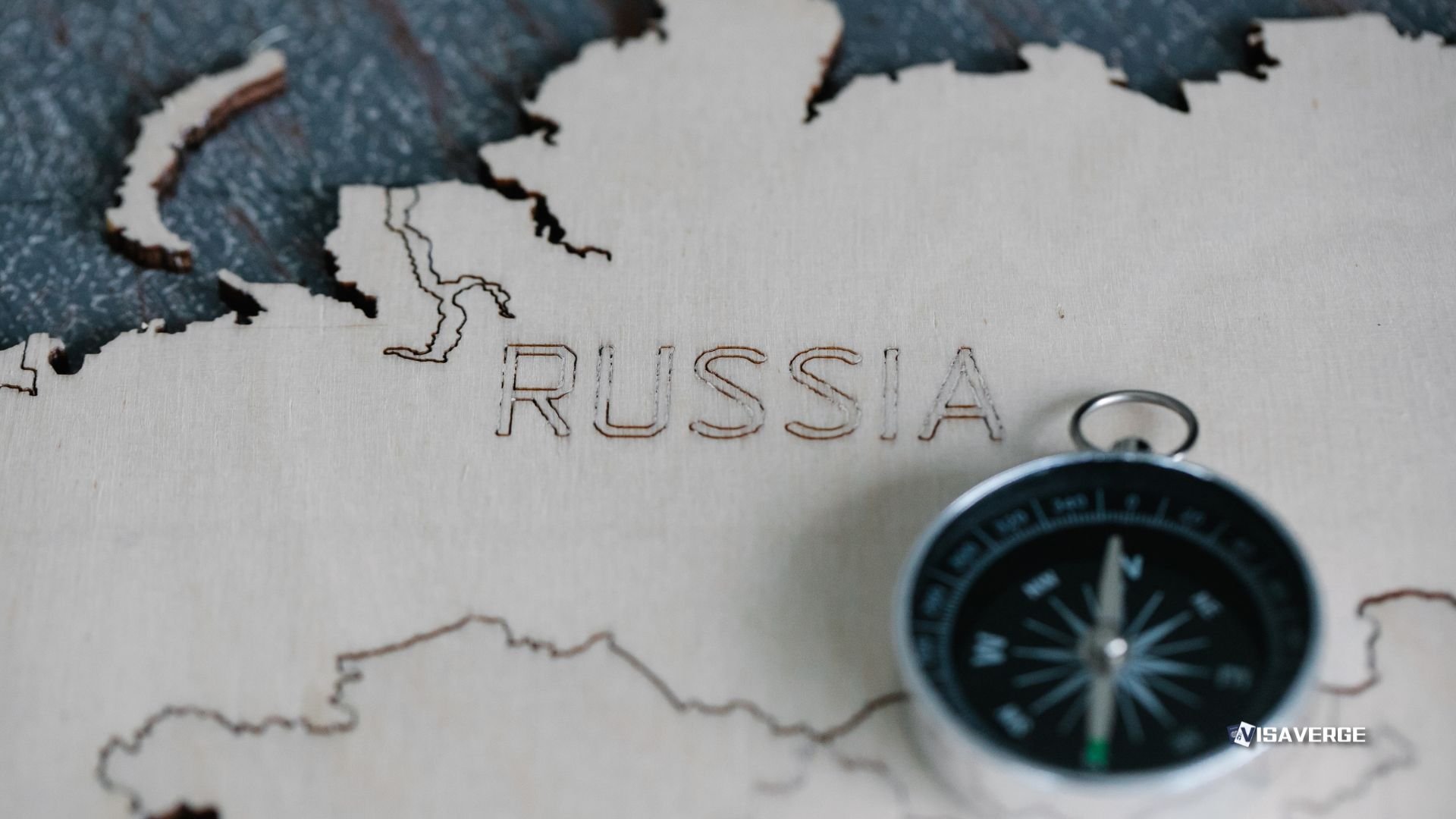(EUROPE (EU)) The European Union moved on November 7, 2025 to tighten EU visa rules for Russian nationals, ending the practice of issuing multi-entry visas and requiring a new application for every trip. The decision, announced across Brussels and confirmed by senior officials, affects millions of would-be travelers and has already sparked a wave of anger in Russia, where many see the change as the latest barrier to cross-border movement since the start of the war in Ukraine.
Under the new approach, Russian nationals will no longer be able to rely on multi-entry visas that once allowed repeated visits over months or years. Instead, each journey will demand a fresh filing and a separate review.

Official rationale and statements
EU foreign policy chief Kaja Kallas framed the decision in stark security terms and linked it directly to Russia’s actions in Ukraine and a string of incidents across the bloc.
“Starting a war and expecting to move freely in Europe is hard to justify. The EU is tightening visa rules for Russian nationals amid continued drone disruptions and sabotage on European soil,” she said in a post that quickly drew wide coverage.
While EU capitals have taken a range of national steps since early 2022, this marks a coordinated, bloc-wide move targeting the way visas for Russians are issued and checked.
EU internal affairs commissioner Magnus Brunner described the operational change:
“All visa applications submitted by nationals of the Russian Federation will be subject to enhanced verification procedures and elevated levels of scrutiny.”
Consular officials across the EU are expected to follow detailed instructions that encourage more frequent document checks and deeper reviews of travel plans.
What changes for applicants
Key elements of the new policy:
- No multi-entry visas for Russian passport holders — each visit requires a new application.
- Enhanced verification procedures and elevated scrutiny for every application.
- Consulates must perform more frequent document checks and deeper reviews of a traveler’s purpose and background.
- Processing times will vary by location, but officials say scrutiny will remain uniformly high across the bloc.
According to analysis by VisaVerge.com, the updated policy ends multi-entry visas for Russian nationals and requires a fresh application for each visit, aligning with the EU’s stated plan for more frequent checks.
Exceptions and safeguards
Officials stressed limited exceptions exist for justified cases, while still subjecting applicants to thorough vetting:
- Possible exceptions include:
- Independent journalists
- Human rights defenders
- Dissidents
- Applicants in these categories must:
- Demonstrate clear reasons for travel
- Show risk profiles different from the general population
- Meet the same baseline documentation and requirements, plus additional scrutiny tied to their personal circumstances
EU officials emphasized these carve-outs are designed to avoid silencing critical voices or cutting off essential reporting.
Security and political context
EU leaders pointed to a broader security rationale:
- Ongoing war in Ukraine and suspected acts of sabotage
- Reports of drone incursions and unexplained flights over European territory
- Argument: more frequent and rigorous screening helps detect risks earlier and reduces the chance that hostile actors exploit legal travel channels
By removing multi-entry visas, authorities can reassess a traveler’s purpose and background each time, rather than rely on checks performed years earlier.
Reactions and consequences in Russia
Public reaction inside Russia was swift and emotional. The change was widely described as creating “a new Iron Curtain,” evoking Cold War language and a perception that Europe is closing its doors further.
Common responses and reported impacts:
- Anger, cynicism, and frustration among families, students, and business travelers
- Travel agents and cultural organizers reported immediate confusion from clients who had relied on multi-entry flexibility
- Personal accounts included:
- An entrepreneur who used a multi-entry visa for trade fairs now worried each trip will be a gamble
- A student from St. Petersburg who risks losing a short research program if a new visa cannot be approved in time
These concerns reflect broader questions about how often ordinary travelers will face delays and rejections under the tougher regime.
Operational impact on consulates and applicants
Consulates must adapt workflows to handle a higher number of first-time and repeat filings for short, single trips. Practical implications include:
- Screening identical or similar profiles multiple times per year
- Appointment calendars likely to fill up faster
- Expanded document requests depending on case nature
- Applicants encouraged to plan earlier and prepare for detailed checks tied to:
- Purpose of travel
- Funding
- Return plans
Diplomats acknowledged likely friction at consulates in coming months as systems adjust. The EU said it would monitor the policy’s impact and share guidance with member states to promote consistent application.
Legal basis and next steps
The legal basis for the shift sits within the EU’s common visa policy, which allows collective measures in response to security challenges.
Broad outlines of the policy:
- No multi-entry visas for Russian nationals
- More frequent applications required
- High scrutiny applied to every filing
An overview of the EU’s common approach to visas is available on the European Commission visa policy page: https://home-affairs.ec.europa.eu/policies/schengen-borders-and-visa/visa-policy_en.
As the policy beds in, travelers and consulates will test its limits and real-world effects against a backdrop of war, mistrust, and a continent still reshaping how it manages its borders.
This Article in a Nutshell
On November 7, 2025 the EU moved to end multi-entry visas for Russian nationals, requiring a new application and enhanced verification for every trip. Leaders cited security concerns tied to the war in Ukraine and incidents such as drone incursions. Consulates will implement more frequent document checks, likely increasing processing times and administrative burdens. Limited exceptions for independent journalists, human-rights defenders and dissidents remain but include additional scrutiny. The EU plans to monitor the policy and issue guidance to ensure consistent implementation across member states.













